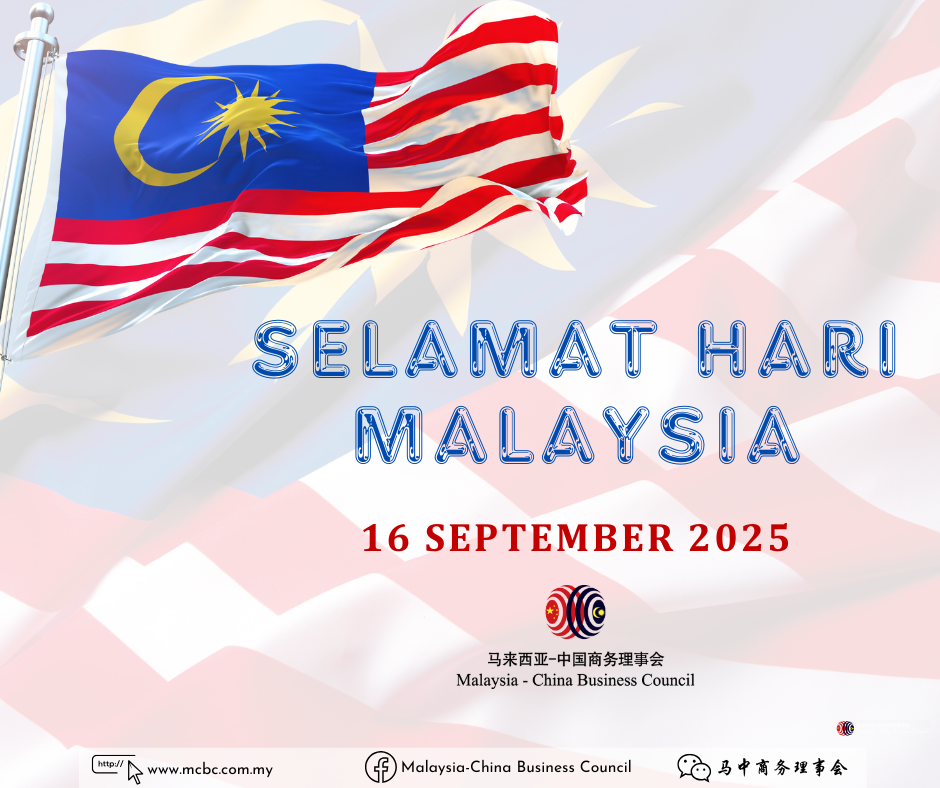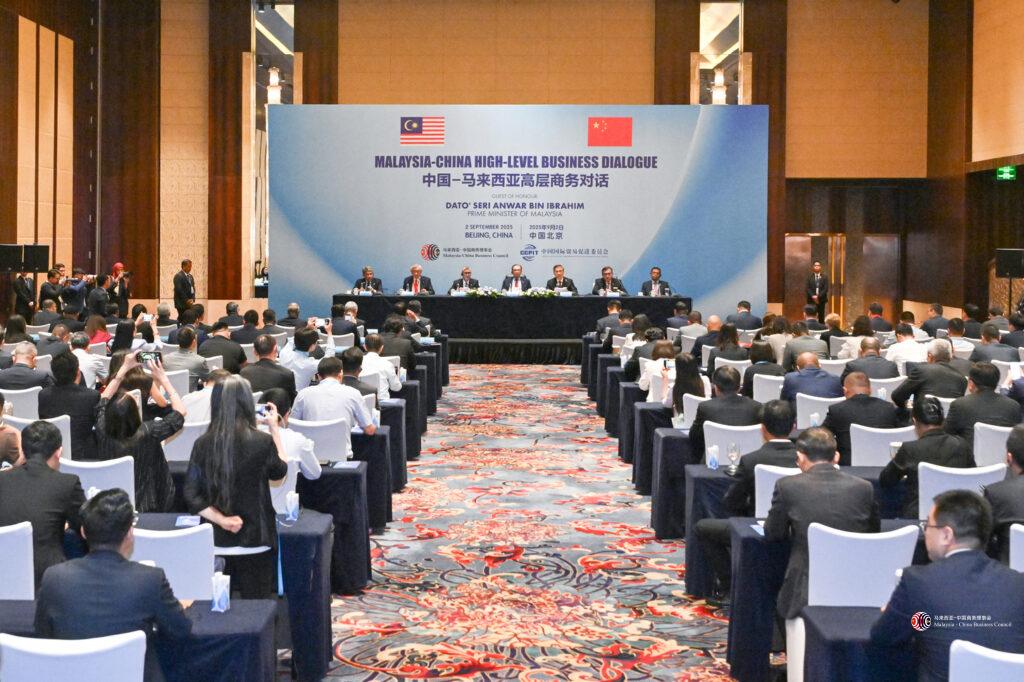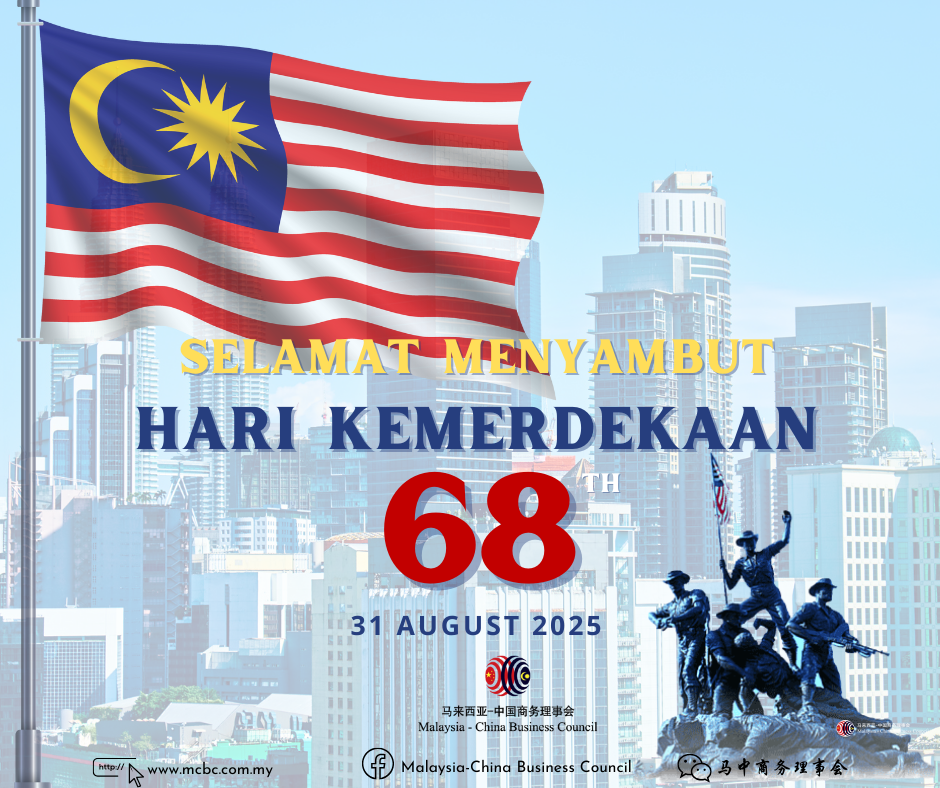
THE buzzword that kept everyone excited at the recent Global Transformation Forum (GTF) 2017 was “Jack Ma”.
The 1.5m tall Alibaba founder and executive chairman was clearly the main draw at the two-day event in Kuala Lumpur, with the who’s who of Malaysian industries glued to their seats in anticipation of what he had to say.
Many might dwarf Ma physically, but they were all in awe of f China’s e-commerce giant, murmuring in agreement and astonishment throughout his talk.
Ma, 52, set up Alibaba, a Chinese e-commerce company, in his apartment in Hangzhou, Zhejiang province, with 18 other friends in 1999.
Clad in a simple white shirt with sleeves folded up to his elbow at the hour-long talk, the charismatic figure was very humble about his success, stressing that he was not the brightest, and had made mistakes and failed many times.
“I spent seven years in primary school while normal students took five years. I applied three times to get into university. I applied for 30 jobs but did not get one.
“When I tried to look for a job at KFC, 24 people went and 23 were hired. I was the only one who was not accepted. I also tried to be a policeman. Five classmates went and four were accepted, I was turned down,” he said.
But Ma said it was the rejection and failure that made him who he is today.
“Every setback, every time people refuse us, I take that as a training course,” he said.
During his talk, Ma constantly stressed the importance of having a good team and the need to groom and train talents within an organisation to ensure the success of a company.
And just like his speech at the launch of Malaysia’s Digital Free Trade Zone (DFTZ) a day earlier alongside Prime Minister Datuk Seri Najib Tun Razak, Ma emphasised on his notion of elevating small and medium enterprises (SMEs) and young people to greater heights using technology.
Speaking with a wry humour, Ma shared: “We are now in DT – not Donald Trump but Data Time. Asia and small businesses, especially countries with low information technology, it is the chance for us.”
Likening e-commerce to mere “dessert” for developed countries like the United States, Ma said it was the “main course” in China, where infrastructure for traditional retail lagged far behind, leaving much room for a new form of retail to emerge.
While the IT era gave birth to IBM, Sisco and the like in the West, Ma said Asia could ride on DT through mobile technology and machine learning.
Cautioning that machines can be smarter and more powerful than people, Ma said a lot of jobs would be replaced.
But that being said, a human being can always trump a machine with culture and values, so his advice is to change the way we teach our children.
“Education should focus on imagination, creativity and teamwork.
We should teach them music, sports. Sports make kids understand what is teamwork, music and painting make kids understand what is imagination and creativity.
“I believe the future is not about competition of knowledge, but wisdom and experience,” he said.
Ma described successful entrepreneurs like Malaysian tycoon Robert Kuok and Hong Kong business magnate Li Ka-shing as “social scientist plus artist”.
“You have to understand human beings, their behaviours and needs. You should be very artistic,” he said.
Ma’s English was fluent as he gave an articulate account of his experiences and opinions.
He won “cookie points” when he publicly applauded women for their indispensable role in the workforce for their caring nature.
In Alibaba, he said, close to half of the employees are female, who also represent 33% of senior management. More than half of the sellers on Alibaba’s online shopping sites are also women.
In November last year, Ma was named the digital economic adviser to the Malaysian Government when he met Najib in Beijing for the second time. The first was in 2014.
Ma said he did not expect to draw a salary from this role but saw the appointment as an honour.
Tan Sri Ong Ka Ting, the Prime Minister’s special envoy to China who received Ma at the airport on Tuesday, found Ma to be friendly and humble despite his phenomenal success.
“He carries no airs. He acknowledges everyone watching him, including the airport staff and police officers, with a wave and a smile,” Ong said.
It was Ma’s first time in Kuala Lumpur after a visit to Langkawi some time back, and he seemed impressed with the capital city.
He told guests at the DFTZ launch that he was inspired by Malaysia’s Multimedia Super Corridor in 1996 when he was building his Internet business.
“It made me think … hmm, that country has a great idea about the digital world,” he said.
Najib was noticeably relaxed and jovial at the launch event, in contrast to his seriousness at the GTF that morning.
To create a casual vibe that is the “cool” thing of IT business, both of them were not wearing ties – at Ma’s suggestion, according to Ong.
“Najib and Ma seemed to have very good chemistry. They share similar points of view on inclusivity, assisting SMEs, and improving GDP,” Ong explained on how the two hit it off. At the GTF talk, Ma said he was happy to see young faces in the crowd, advising them to design their own future and focus on the double H: health and happiness.
The question of retirement also inevitably cropped up.
For someone who lives a hectic life and spent 800 hours in air travel last year, Ma said he dreams of “retiring and dying” on a beach, and not in the office.
“Life is not only about Alibaba. There are so many interesting things that I don’t have time to enjoy, so I will never go back to the company and criticise the young people like a stepfather,” he said.
Perhaps, we might get to see Ma getting a tan on the lovely tropical beaches in Malaysia when he decides to call it a day!
Source: The Star, 26 March 2017



